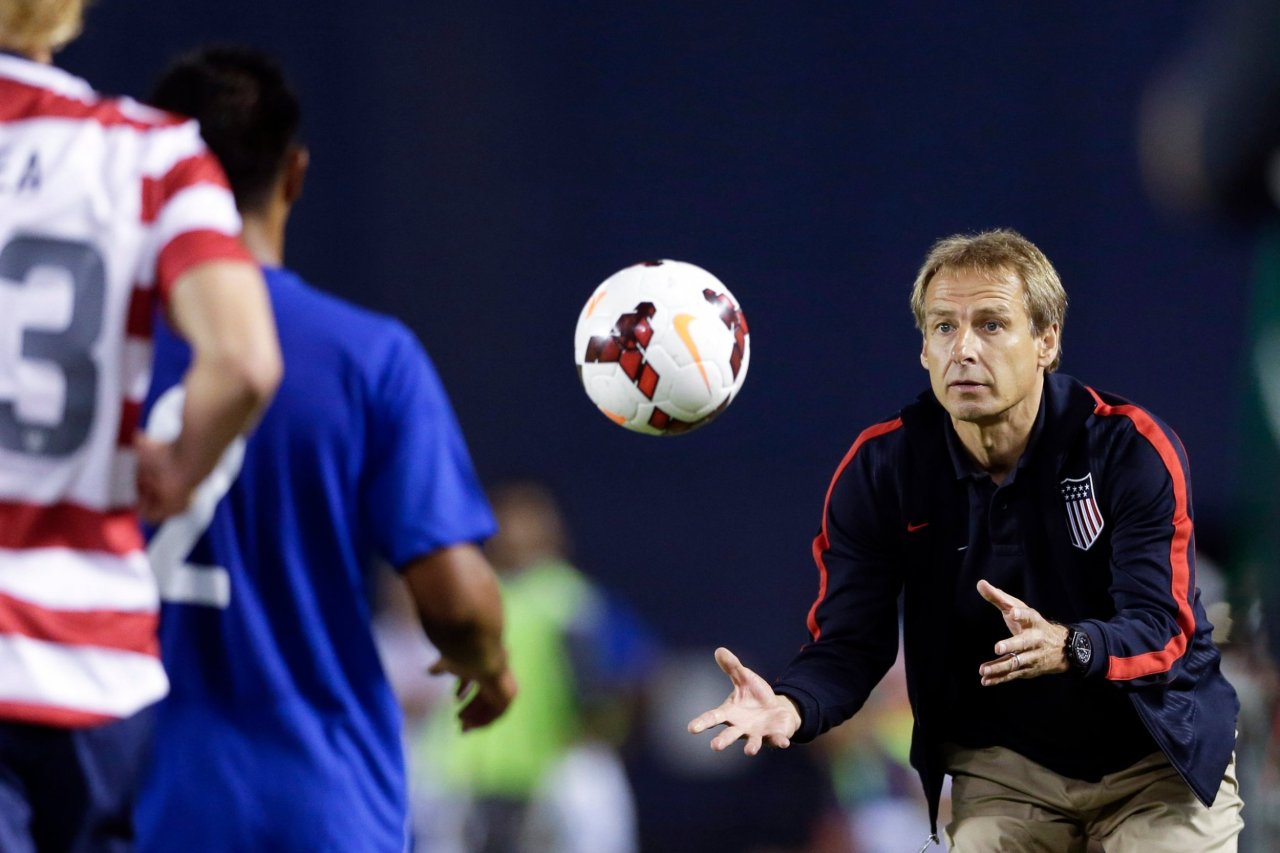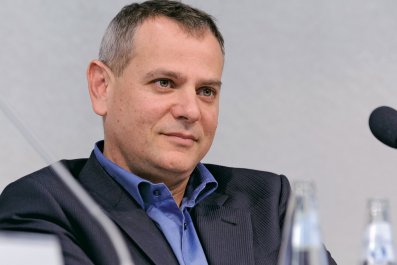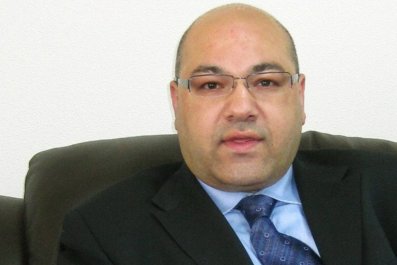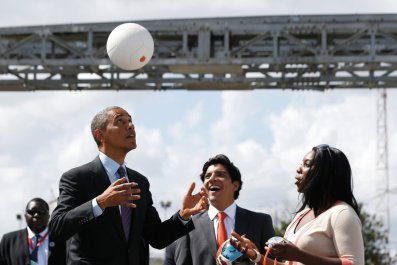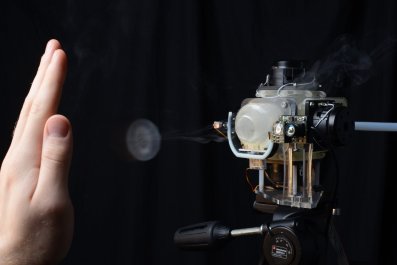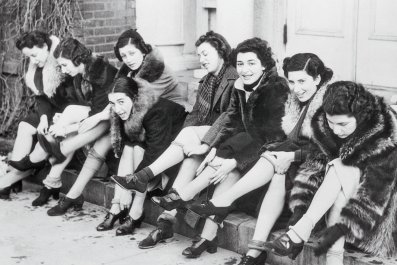On Sunday, July 28, when the final whistle blew, two dozen members of the U.S. men's national soccer team rushed the pitch at Soldier Field in Chicago. The U.S. had defeated Panama 1–0 to claim the Gold Cup—a tournament of North and Central American teams—for the first time since 2007. It was the 11th straight win for the team—a record.
A few minutes later, a trim, blond man could be seen trotting onto the field, pumping his fist and smiling broadly. Jürgen Klinsmann, the legendary German player who took over the U.S. men's team two years ago, had watched the game from a box above the field. Late in the semifinal game against Honduras, long after it had been wrapped up, Klinsmann had been ejected for furiously protesting a non-call.
Klinsmann, 49, has imbued his team with that same fiery spirit. He enjoyed a storied career as a lethal scorer in Germany, Italy, and England, and was a stalwart of Germany's national team, with whom he won the World Cup in 1990. When he retired from playing in 1998, he moved to Southern California with his American wife, former model Debbie Chin, and their two children. As a coach, he led Germany to a third-place finish in the 2006 World Cup.
The U.S. men's national team, in sharp contrast to the women's squad, has never been more than a regional power. Every four years, it relies on grit, determination, solid defense, and goalkeeping—not flair or skill or élan—to get to the World Cup, where it typically crashes out to South American, European, and African teams that play "the beautiful game" more competently and beautifully.
Spare in praise, tough, and slightly remote, Klinsmann didn't shy from controversy after taking over the team two years ago. Veterans, he declared, wouldn't be entitled to spots on the roster. When Landon Donovan, the team's leading scorer, took a sabbatical, Klinsmann said he'd have to earn back his spot. He brought in a gaggle of German players who happened to have an American parent, and were thus qualified to play for the United States. Klinsmann also insisted that his team play more like Germany and other European teams—control the ball, dominate possession, and attack the goal relentlessly.
At first, Klinsmann seemed to be coaching in the wrong hemisphere. But starting this past spring, things began to click. A hard-fought victory in a March blizzard in Denver against Costa Rica and an away tie against bitter rival Mexico put the U.S. in the driver's seat for World Cup qualifying. Then, the U.S. scythed through the Gold Cup. The competition, which included Cuba and Belize, wasn't always top-notch. But the U.S., fielding a B team while most of its Europe-based players were off, played an attractive brand of soccer in front of big crowds, outscoring opponents by a stunning 20–4.
After the game, Klinsmann doled out some praise. But he was quick to add that there was much work to be done. "The global game is played in South America and it's played in Europe, and there are a lot of other benchmarks waiting for us," he said. "They all understand that it takes a lot more to become really good."



